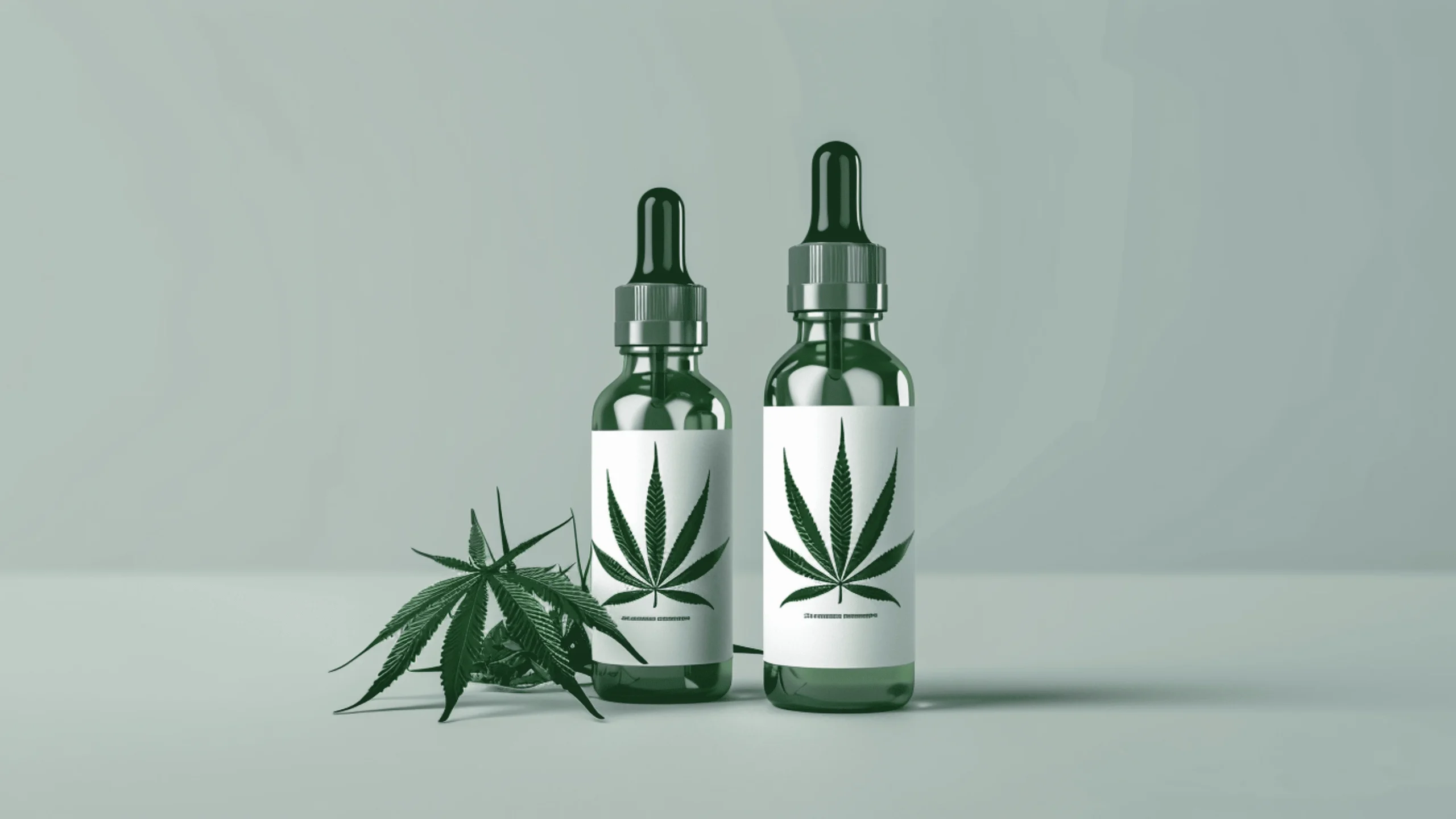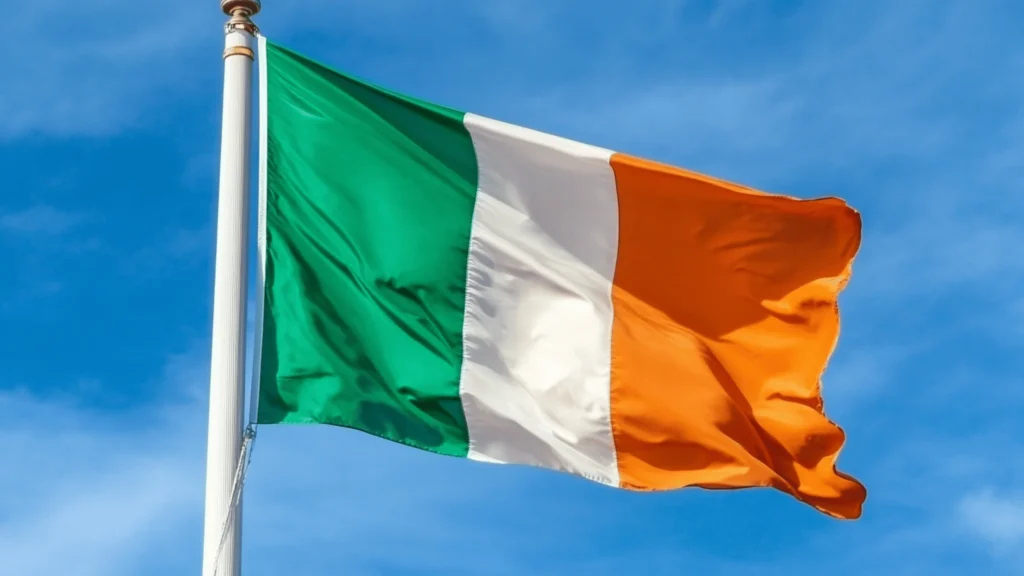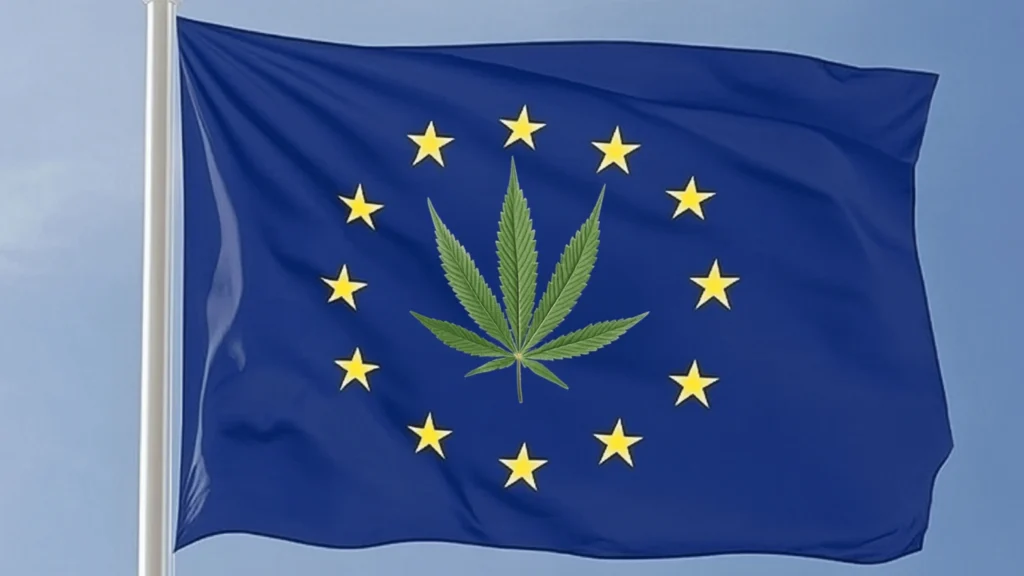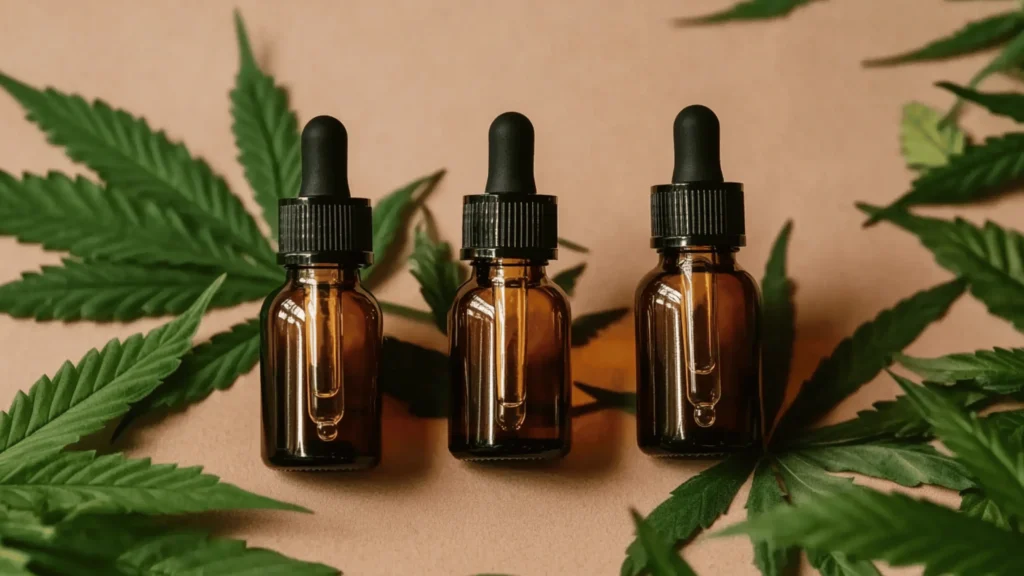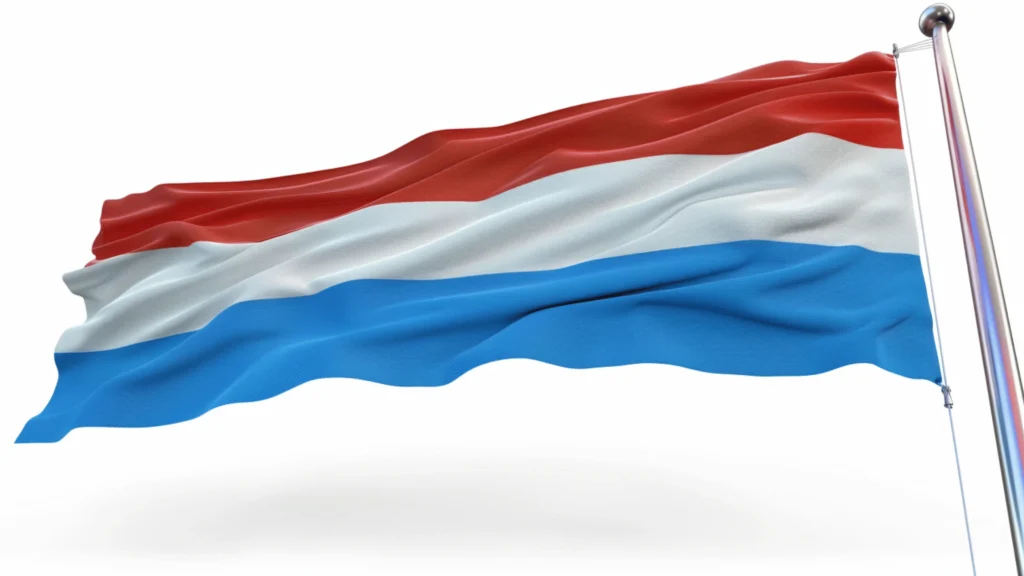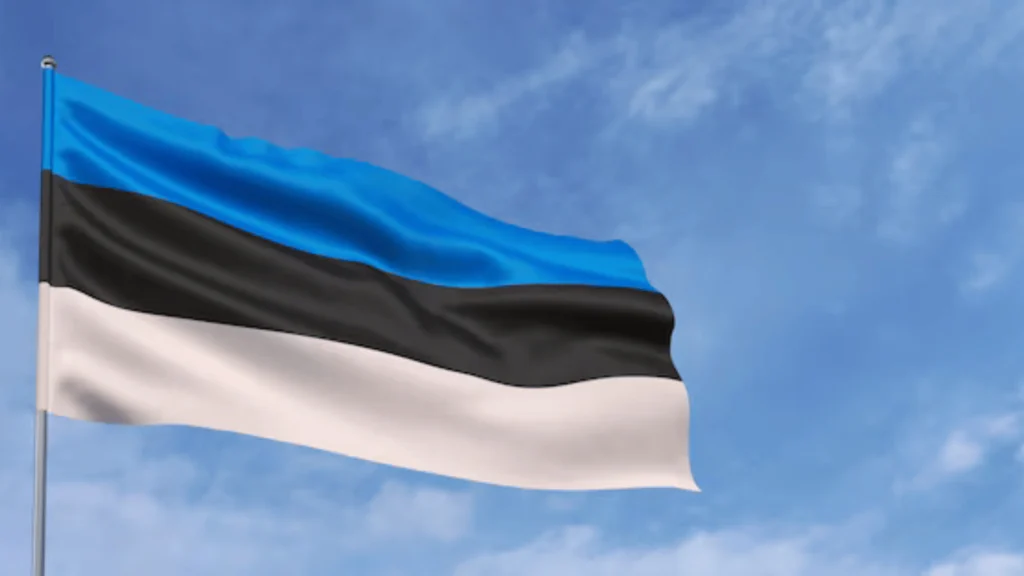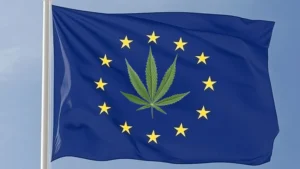If you’re thinking of entering a CBD market, you will probably have to make an important decision between white label and private label CBD products. The choice between these two labeling strategies can significantly impact your company’s branding, market positioning, and profitability.
White label CBD products allow businesses to quickly enter the market with minimal investment by rebranding standardized, pre-formulated products. In contrast, private label CBD products empower brands to create customized offerings, from unique formulations to packaging, enabling deeper market differentiation.
What are white label CBD products?
From hemp seed to sale, the CBD supply chain contains many complex and expensive steps, such as growing hundreds of acres of hemp plants and conducting supercritical CO2 extractions.
Implementing each step can be extremely costly, but white label CBD products offer an attractive alternative by breaking up many of the steps in CBD manufacturing. This model allows companies to purchase pre-made CBD products and sell them under their own brand without the need for significant investment in the entire supply chain.
In the CBD industry, choosing white label CBD products can be beneficial for CBD market entrants that can’t afford to handle all the steps of creating a new CBD brand, such as cultivating hemp or performing extractions.
The origins
The term white label originates from the terminology of radio and club DJs of the 20th century. It referred to exclusive, unreleased vinyl records typically packaged in a blank or white label without any branding. In the business context, a white label solution refers to a product or service made by one company to be sold by another. These products are purchased without branding, allowing resellers to customize them with their own needs. This method ensures that customers associate the product with the reseller.
How does it work?
With white label CBD practices, a client selects any CBD product from a third-party manufacturer and brands it as their own. This often means that multiple clients can offer the same item under different names. Real life examples of white-label products include store-brand medications like acetaminophen and ibuprofen, which have identical compositions but are marketed under various brands.
What are private label CBD products?
Private label CBD products are based on unique formulations specific to a brand, granting the company a trademark on both the branding and the product itself. This practice is common in the essential oils industry, where wellness brands collaborate with manufacturers to develop exclusive blends. Once created, the wellness brand trademarks the essential oil and brings it to market, with the manufacturer continuing production.
The private label model enables new companies to enter the CBD market with unique products without the need to grow or process their own CBD. Additionally, these contracts allow buyers significant help into developing satisfactory CBD formulations, offering unique products without significant investment in cultivation and extraction.
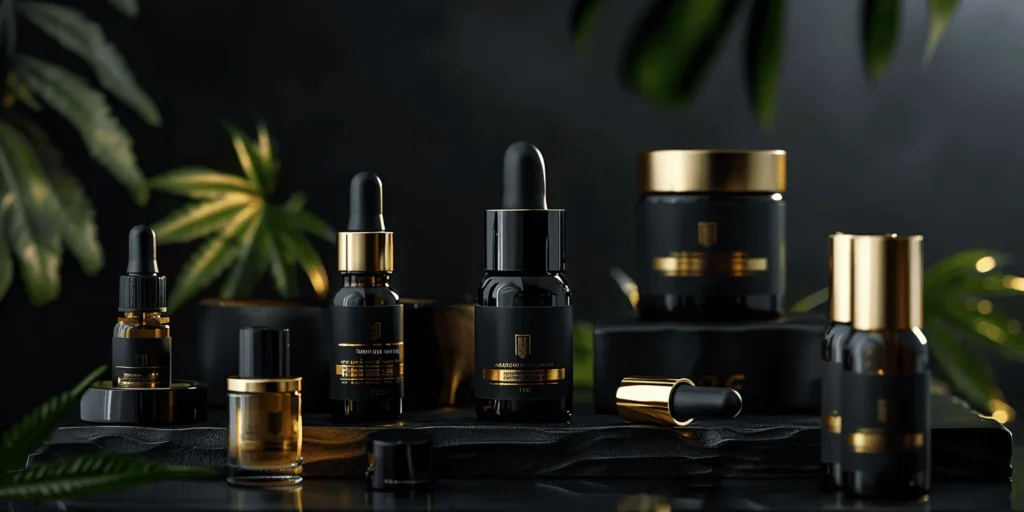
The origins
The term private label originates from the 19th century and was initially used in the retail business. It refers to a product manufactured by a contract or third-party manufacturer and sold under a retailer’s brand name. The main difference between private label and white label is that a private label brand is sold exclusively by one retailer, allowing that retailer to alter or enhance the product as they see fit. In contrast, white label products are generic and sold to multiple retailers without the ability to modify them. Private label brands are made for exclusive sale by a specific seller, providing a unique offering tailored to the retailer’s specifications, whereas white label retailers only repackage the product without altering it.
How does it work?
Private label brands follow a similar process to create unique products without the associated overhead. In this model, a private-label client instructs a third-party manufacturing company to develop a uniquely formulated product. The manufacturer then produces this item exclusively under one label, ensuring consistency and exclusivity. Private label products allow retailers to offer distinct, high-quality items tailored to their brand identity, without the need for extensive in-house production capabilities.
White label CBD vs. private label CBD
Businesses, conducting the analysis of pros and cons of white label and private label CBD must consider both profitability and logistics when assessing CBD white label and private label business models. The key differentiating factor between white label and private label CBD products is product formulation. Under the white label model, multiple CBD companies can sell products with identical formulas simultaneously. In contrast, the private label model ensures that the CBD product formulation is unique to a specific brand, providing exclusivity and potential competitive advantage. Let’s dive into the pros and cons of white label and private label CBD products.
Pros and cons of white label CBD
| White label CBD pros | White label CBD cons |
| Invest with minimal upfront costs – start with 100 units/packs per SKU. | Prepare for more competition – many companies choose white label CBD due to lower initial costs. |
| Enter the CBD market quickly. | Limited product variety – select from a predefined white-label product list without customization options. |
| Sell proven CBD products – over 100 of our SKU’s have been used by thousands of consumers. | Focus on brand differentiation. |
| Avoid high R&D expenses – sidestep research and development costs. | Address product differentiation – other businesses already sell our white label products. |
| Enjoy short reorder lead times – receive your subsequent orders within two weeks. | No custom formulations – white label CBD products cannot be customized. |
Pros and cons of private label CBD
| Private label CBD pros | Private label CBD cons |
| Custom product formulations – you can completely customize your products. | Extended time to market – custom product development demands more time, usually around 3 months, delaying market entry. |
| Higher profit margins. | Higher initial investment and higher minimum order quantities (MOQs) – 250 units per SKU. |
| Brand differentiation – you can offer innovative CBD products that no one sells apart from you. | Intensive research & development. |
| Flexibility & customization – ability to adapt formulations to meet specific market demands. | Expertise required – sometimes it is not easy to find a reliable manufacturer that has an in-depth knowledge. |
| Higher customer retention rate and customer life value. | Higher customer acquisition costs. |
| Targeted customer satisfaction. | Intensive research & development. |
The profitability
Both private and white label CBD products are cost-effective and have the potential to generate high profits. Retailers with strong marketing skills or established brands can achieve significant returns without needing to engage in CBD production. However, there are some risks and disadvantages associated with both white label and private label CBD products that we’ve already discussed.
How to choose the most suitable method for you
Now that you understand the clear differences between white label and private label CBD products, it’s time to determine what’s best for your business. The choice largely depends on the type of CBD products you plan to sell. If your primary goal is to source products affordably and efficiently, white label options are an excellent way to establish your CBD business. You can find thousands of CBD white label products and sell them with effective marketing and attractive packaging. On the other hand, for those with broad experience and time to invest, private label CBD products are the ideal choice.
Fastest method to reach the market
White label CBD products enter the market more quickly than private label CBD products. This speed is due to white label CBD products not requiring any design or testing stages by the vendor. White label CBD products manufacturers manage every aspect of production, but this comes at the expense of creative input and control. Vendors only need to handle rebranding and selling.
Key factors to consider
Whether you choose to go for a private label CBD products or a white label CBD products, there are two additional factors, which you need to consider. Read ahead to know more about them.
Pricing
Pricing is a crucial element in making your CBD business successful. Never base your product price solely on the per-unit cost. It must also cover the costs of creating and designing the product, packaging, shipping, and other related fees. Ensure that your pricing is realistic and maintains a reasonable profit margin, avoiding excessive markups.
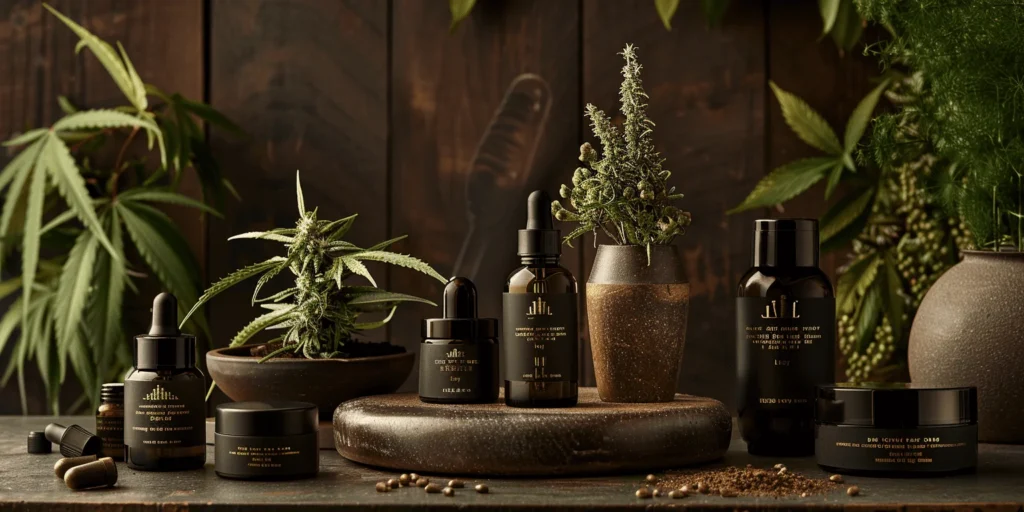
The minimum order quantity (MOQ)
For new businesses, it’s essential to be clear about the minimum order quantity (MOQ). If you understand your consumer base, you can make an informed estimate. Product minimums directly affect your strategy and bottom line, so precision in this aspect is vital to avoid potential issues.
Key takeaways
Both white and private label CBD products have their advantages and disadvantages. The choice depends on your business requirements and vision. If you aim to create a unique product with a competitive edge in the CBD market, private label is the best choice. Alternatively, white label CBD products are excellent for quick sales and branding, as everything is pre-prepared for you to brand. As already mentioned, both options have benefits and drawbacks, so take the time to research and decide which direction aligns with your business goals the most.
Hempo Solutions can assist new entrants to the CBD market in deciding between white label and private label CBD products strategies by offering professional business consultations. Our expert team provides insights into the nuances of each option, helping businesses understand the financial implications, market potential, and branding opportunities associated with both white label and private label CBD products.
Featured Articles

Blog Home
No Content
